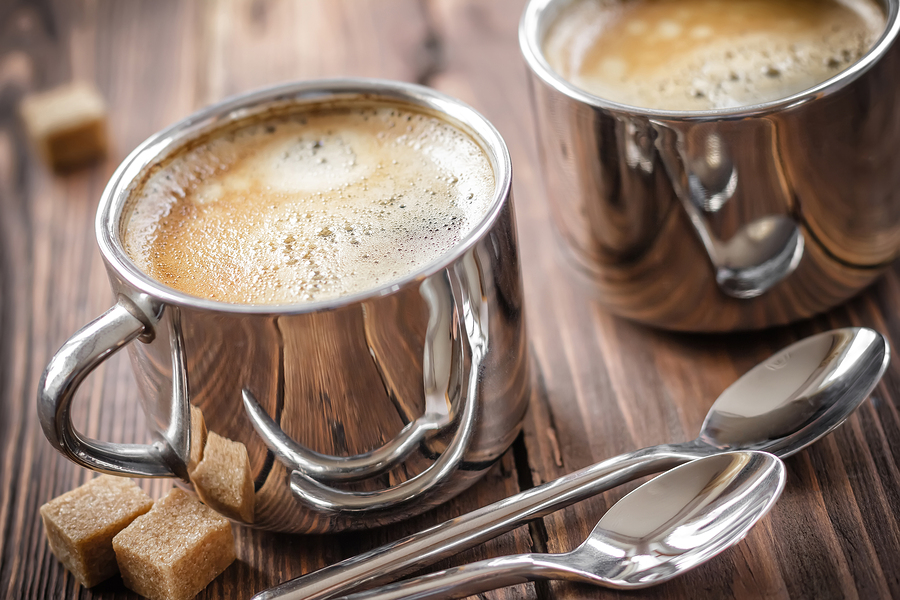“Coffee and tea are beneficial to humans.” This has been bannered everywhere over the last two decades. What about caffeine, are we hearing the same song? Here are facts about caffeine that we must know.
>>> Stay Awake: Caffeine-Free Tips to Stay Alert
>>> Study Links Green Tea to Immediate Memory Enhancement
>>> Sharpen the Mind: Challenge it Daily
- Caffeine is the most widely-used and least-regulated drug in the US. Murray Carpenter, investigative reporter and author of the book Caffeinated, says that the stimulant has significantly become part of American daily life, yet its positive and negative impacts have not been fully understood.
- Caffeine makes people behave like lab mice. Mice conditioned in a lab know which lever to push to give them a drug that results in a nice high. They keep this pattern of repeating an action that gives them the predictable and desirable outcome. Humans behave no differently with this stimulant, especially in coffee, tea, and soda. The stimulating effects of the drug in these beverages rev up the person early in the day. The effects wane as the day progresses, when another cup easily solves the lethargy. Can you think of a day when you’ve gone without coffee or tea?
- A cup of strong coffee has three times more caffeine than a can of soda has. On average, a 12oz can of soda has 35-40mg. A 5oz cup of mild coffee has around 70mg. Strong coffee has three times more caffeine than soda.
- One cup of strong coffee a day is all it takes to get you addicted. A cup of strong coffee contains more than 100mg of this stimulant, and that’s enough to get you hooked. Different people will react differently to the concentration of coffee, depending on their size, genes, whether or not they smoke, and other factors.
- Caffeine may affect sleep and cause other health issues. Drinking too much coffee, tea, or soda may cause sleeplessness or insomnia. While this is a general observation, some people don’t seem to be affected by it. Caffeine may increase anxiety and send the heart rate thumping. Caffeine is also known to fire up a vicious cycle – you take caffeine to charge you through the day, and at night you’re still so charged that you need a downer (like a sleeping pill or beer). The next day, you wake up drowsy and you take more caffeine to shoot you up again.
- You progressively need more caffeine to attain its usual effects. Caffeine has all the telltale signs of an addictive substance: it’s used to boost mental alertness and physical performance. The longer caffeine is used to attain these desired effects, the larger amounts of caffeine that are needed to achieve these effects in future. The only good thing about caffeine: you can quit it for a week and suffer withdrawals, but when you resume using it again, you’ll enjoy its initial potency.
- Caffeine gives the same effect whether in natural or synthetic form. It’s not true that natural caffeine has more beneficial effects compared to its synthetic counterpart. They have the same potency and effects, beneficial or otherwise.
- FDA does not require products to label their caffeine content. Some beverage companies voluntarily print their caffeine content (like Lipton tea). No law currently requires them to do so, although that might change in the near future because of concerns being raised regarding caffeine and its prevalence.
